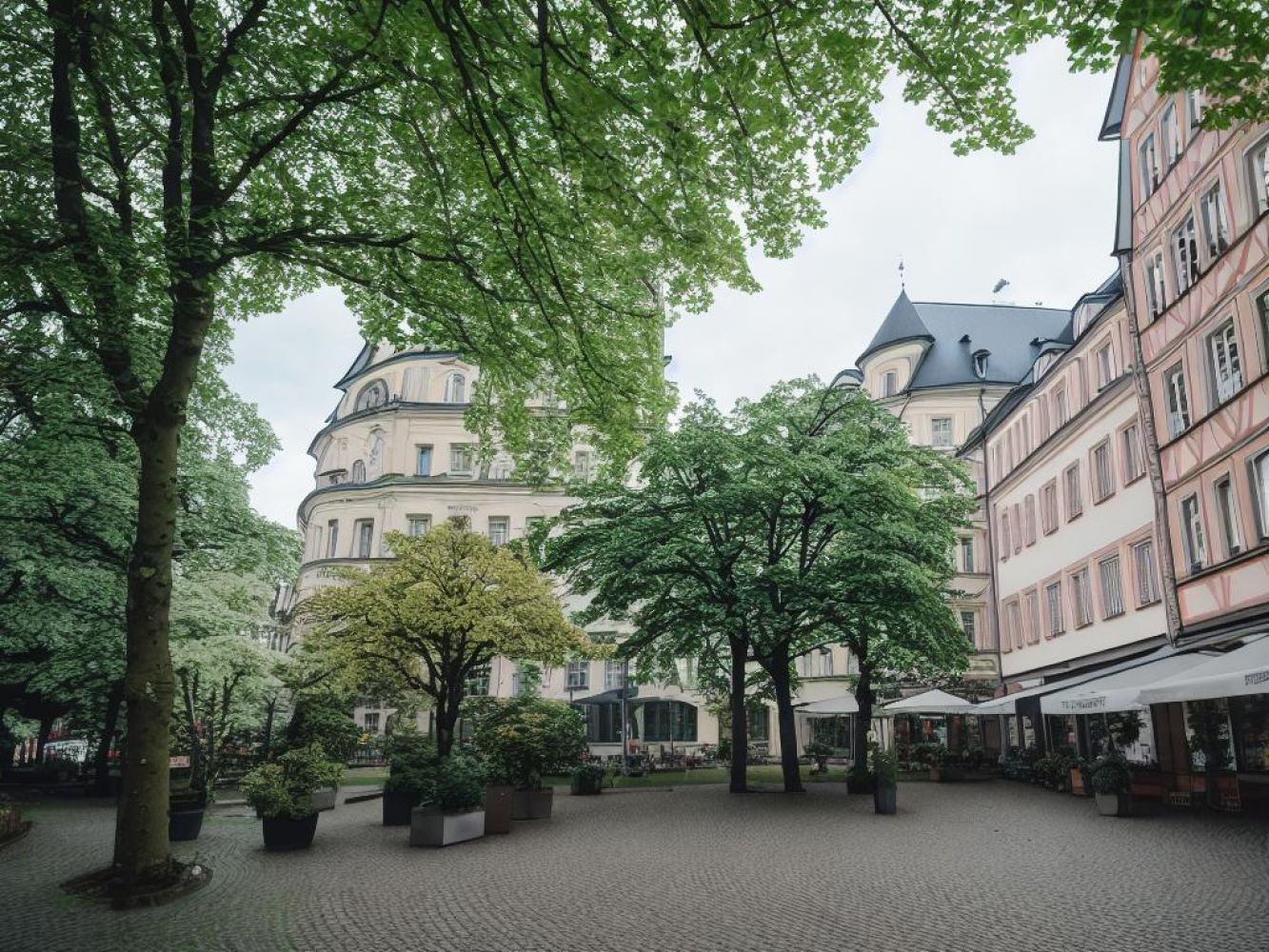Understand
Bonn's fascinating history reaches back to the time of the Romans, who established roads, bridges, and fortresses in a location known as "Bonna." One significant event in history involved the martyrdom of two Thebaean legionaries, Cassius and Florentius, who are now considered the patron saints of Bonn. They were martyred at the present-day Mnster basilica in a period when the Thebaean Legion, an all-Christian legion, refused to worship the emperor as a god. Following the Roman era, Bonn experienced a tumultuous history marked by destruction and conflict. In 881 and 892, Norman invaders burnt the town to the ground. In 1198, King Philip of Swabia and Duke Heinrich von Brabant besieged Bonn. The town was fortified in 1244 under the orders of Konrad von Hochstaden, the Archbishop of Cologne, possibly as a means of protecting himself during disputes with Cologne's leaders. The archbishopric was temporarily transferred from Cologne to Bonn under Sigfried II von Westerburg in 1288, before being transferred back to Cologne. Bonn's turbulent history continued with events such as the conversion of Archbishop Gebhard Truchsess von Waldburg to Calvinism in 1582. This led to conflicts and Bavarian troops detonating the Godesberg, the archbishop's residence, with 1,500 pounds of gunpowder. The town was completely destroyed during the War of the Grand Alliance in 1689. However, amidst its tumultuous past, Bonn can proudly claim the birthplace of one of the world's greatest composers, Ludwig van Beethoven. While Beethoven's relationship with his hometown was strained, Bonn remains famous as his birthplace. Beethoven left Bonn for Vienna, but his legacy continues to be celebrated in the city. Today, Bonn is known for its rich culture and vibrant student population. It offers a charming street culture, with numerous cafes and beer gardens adding to its unique atmosphere. Additionally, Bonn serves as an excellent base for day trips to nearby destinations such as Cologne, Düsseldorf, the romantic Rhine, and the picturesque Eifel region.








Comments
NO COMMENTS